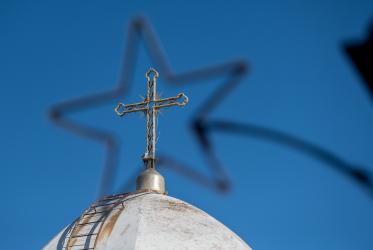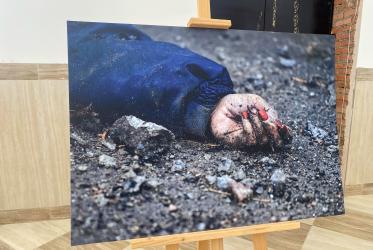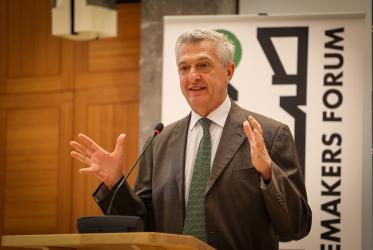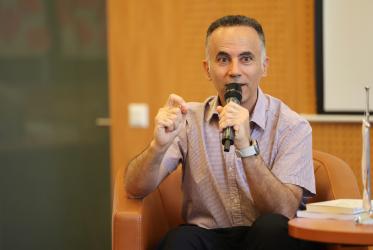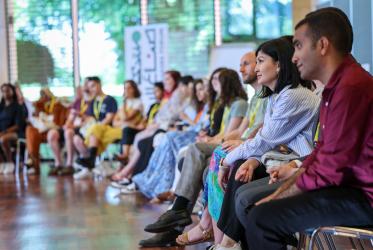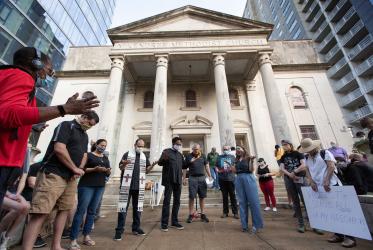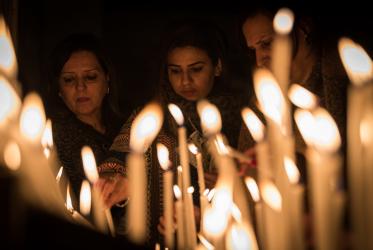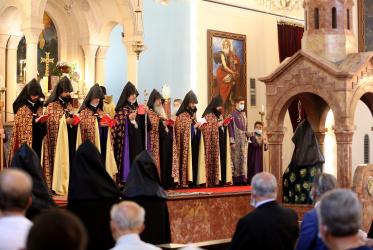Displaying 1 - 16 of 16
11 January 2024
Tackling sexual violence in war
14 December 2023
Wrestling with the racial pandemic
15 February 2022
Webinar remembers past massacres in Europe
16 December 2021
Past massacres in the Middle East: “this should never be forgotten”
09 December 2021
